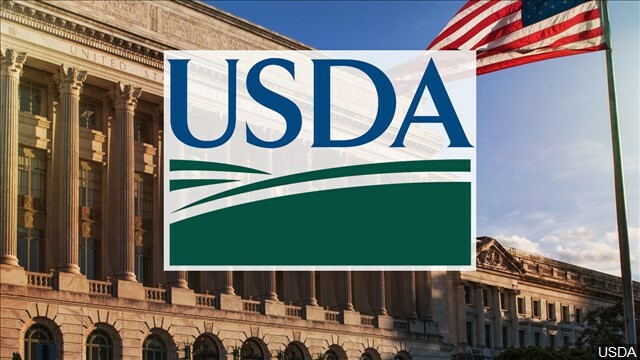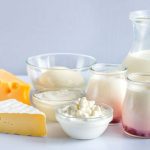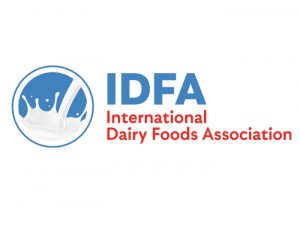
The new EU dairy export certificates for U.S. dairy product exports destined for or transiting through the EU are available in the Agricultural Marketing Service’s (AMS’s) Agriculture Trade Licensing & Attestation Solution (ATLAS) web-based software. Certificates for dairy and non-dairy composite products are not currently available in ATLAS. USDA is preparing to make these certificates available as soon as possible.
On January 15, 2022, the EU will implement new requirements for export certificates for a wide range of food products exported to or transiting through the EU. These requirements will impact dairy-related exports, including those categorized as composite products. A composite product is a food containing both processed products of animal origin — including, but not limited to dairy products — and products of plant origin.
Exporters of dairy and dairy composite products must be prepared to meet the new requirements of the EU certificates and use the new EU certificates by January 15, 2022.
Requirements for dairy and dairy composite product exports destined for the EU include:
Ensuring all sources of animal-origin products included in the manufacture of any dairy or dairy composite product are from EU-approved facilities identified in the current Section IX: Raw Milk, Dairy Products, Colostrum and Colostrum-based Products facilities list; and
A Certificate of Conformance (CoC) as described in the AMS Dairy Program’s Export Verification Program must be provided to demonstrate that the milk sourced for the dairy ingredient(s) meets EU-specific requirements.
Requirements for exports of dairy and dairy composite products transiting through the EU include:
Ensuring all sources of animal-origin products included in the manufacture of any dairy or dairy composite product are from U.S.-approved facilities. U.S.-approved facilities may be identified using an applicable identification number from a U.S. government regulatory agency, and
A Certificate of Conformance (CoC) as described in the AMS Dairy Program’s Export Verification Program must be provided to demonstrate that the milk sourced for the dairy ingredient(s) meets EU-specific requirements.
For more information, contact dairyexportsquestions@usda.gov.
USDA is an equal opportunity provider, employer, and lender
Attachments
Original Link
Original Document
Permalink
Disclaimer
Agricultural Marketing Service published this content on 16 December 2021 and is solely responsible for the information contained therein. Distributed by Public, unedited and unaltered, on 16 December 2021 20:28:03 UTC.

























